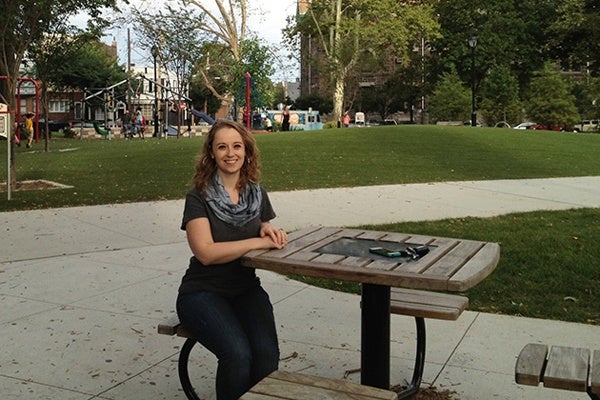Showing leadership on Syria could inform the right response in Egypt
U.S. involvement in Syria rightly dominates the headlines. However, the problems in Egypt have not gone away, and we cannot ignore them.
The situation is complicated: The United States must decide how to approach a pro-Western, popularly supported military takeover from an anti-western, democratically elected Islamist government that came to power after protests by secular Egyptians against a U.S.-supported authoritarian president.
The U.S must develop a strategy. Egypt is one of the most populous countries in both the Middle East and Africa. Egypt controls access to the Suez Canal. Egypt was the first Arab nation to make peace with Israel, which it still maintains. Finally, a lack of response risks U.S. credibility, something in short-supply recently. We have been trying to thread the needle of continuing support of the Egyptian military while also supporting Egypt’s nascent democratic experiment.
Cut off aid, support military takeover, or cultivate democracy
What strategy is appropriate? One option is to condemn the military take-over and cut-off aid even if the military has popular support. After all, democracy is about learning to live with election results and such a move may make inroads in aligning the Muslim brotherhood into mainstream governance. The problem though is that we would be supporting an unpopular government that was moving in an authoritarian direction and there is no certainty in terms of Israel’s security.
A second option is to support the military government and allow them to govern as they please as long as Western free-market reforms are implemented. After all, the military is pro-Western and popularly supported and one of the factors in the initial ouster of Mubarak was crony economic policy. Plus, as a middle-class develops, a sustainable democracy may not be far behind. However, this course of action may lead to future instability if free-market reforms create unequal benefits initially.
The third and probably best option is a model based on the political solution implemented for Myanmar coupled with the economic policies of Scandinavia. Myanmar, formerly known as Burma, had been under a military dictatorship for most of its post-independence existence. Elections in the early 1990s had been nullified and the opposition imprisoned. These actions led to isolation and stagnation.
In 2010, the military began reforms that included a constitution that included elections for a parliament. Of course, this constitution ensured the military and military-backed parties would remain dominant. By 2012, the West had begun outreach to Myanmar and worked so that more opposition including the main opposition party would be able to participate. As a result, Myanmar’s situation has improved with some economic growth and more political openness. Therefore, a constitution with a quasi-democratic but military-dominated government, coupled with continued Western outreach, may offer a political solution for Egypt.
Economic solution
Yet to ensure stability and sustain a steady path towards more democracy, sound economic policy must be implemented. The nations of Scandinavia offer the best solution for social stability in Egypt at this point. Scandinavian countries such as Sweden offer a strong social safety net, transparency, and an independent private sector. These qualities would eliminate the economic issues of the Mubarak era and allow the Egyptian economy and its people to move forward. Adoption could be encouraged through economic and trade incentives.
While this model may provide a solution, our leadership, especially the blame-shifting administration, should remember that our nation’s ability to make such a solution a reality in Egypt ultimately is contingent upon projecting decisiveness in Syria and throughout the world. This does not always mean military intervention, but it means a willingness to lead.
—
Joseph Ingemi is a former U.S. Army officer with a strong interest in history and global affairs. The opinions expressed are strictly his own.
WHYY is your source for fact-based, in-depth journalism and information. As a nonprofit organization, we rely on financial support from readers like you. Please give today.






